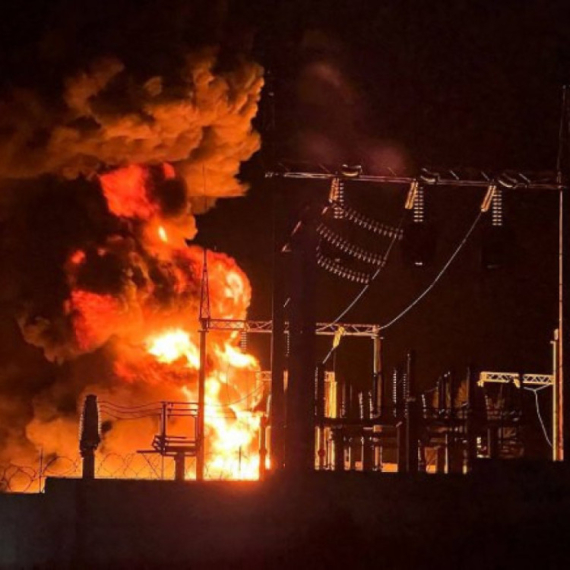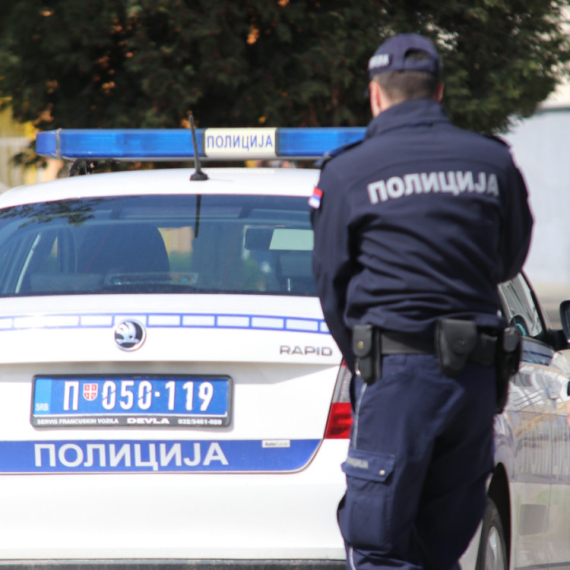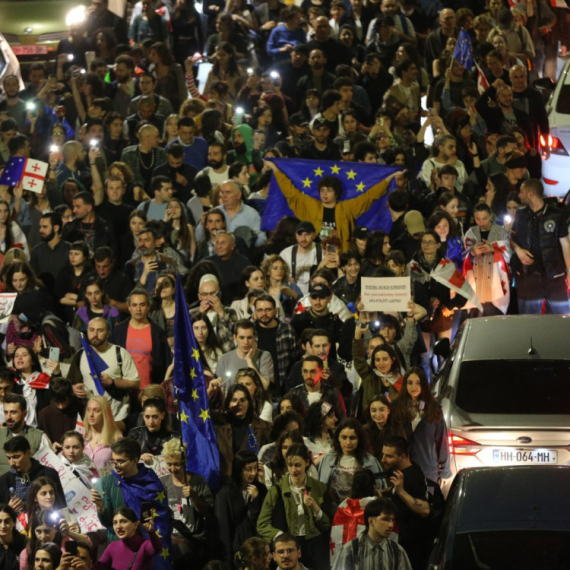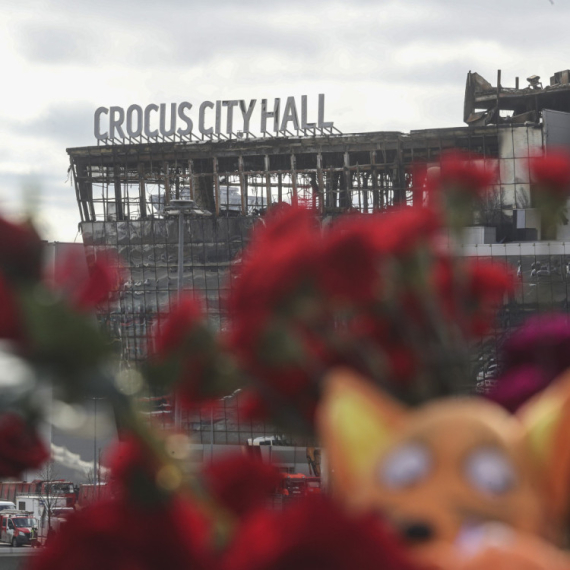Bosnia hit by food price rises
A Bosnian trade union chief accused retailers of exploiting the population’s growing fear of a new conflict to raise food prices.
Saturday, 17.11.2007.
09:28

A Bosnian trade union chief accused retailers of exploiting the population’s growing fear of a new conflict to raise food prices. Yesterday's remarks of the President of the Bosnian Association of Independent Unions, Edhem Biber, came on the same day that the government in one of the two autonomous entities of Bosnia and Herzegovina, BiH, announced a new set of measures to tackle this burning problem. Bosnia hit by food price rises Faced with growing public pressure, the government of the Federation, which brings together mostly the Bosniak and Croat communities, said that it would release basic food stocks from its reserves. The government also ordered inspections to check all shops against unwarranted price increases. The Federation’s Statistical Office reported on Thursday that in the past month alone milk prices had increased by 5 per cent, bread by 2.3 percent, flour by 3.7 percent, cooking oil by 14.7 percent, butter by 10.1 percent and coffee by 1.6 percent. Public concern increased after local media on Thursday reported the first food shortages, as cooking oil became hard to find in the capital, Sarajevo. “Such a huge increase in prices has been completely unwarranted by any possible economic reasons,” Biber told Balkan Insight on Friday. He stressed that retailers had been using the growing fears among the population, as well as the “complete lack of interest among the governments” that run Bosnia-Hercegovina and its two entities. He warned of possible social unrest if the food price shock was not immediately mitigated, but stressed there would not be another armed conflict in the country. “Local politicians may want to use this situation to keep their jobs and positions, but there will be no war in Bosnia because the international community knows very much what is at stake here, and can act accordingly to prevent any conflict,” he said. According to some economists, the latest price rises may be due, in part, to the ongoing increase in the world prices of oil and many food products, and, in part, to the drought in the summer which swept across the Balkans. Elsewhere in the Balkans, bread prices in Kosovo have doubled in recent months. However, consumer associations and trade unions are also putting the blame on Bosnian retailers and their alleged profiteering. Over the past month Bosnia has been facing one of its worst political crises since the end of the war 12 years ago, as Bosnian Serbs have started boycotting state institutions. They were angered by a decision of the international community’s top official in BiH, Miroslav Lajcak, to impose changes in the way the central government operates. Lajcak’s decision prompted Prime Minister Nikola Spiric, a Serb, to resign earlier this month. The country’s collective three-member presidency has 30 days in which to appoint a new premier.
Bosnia hit by food price rises
Faced with growing public pressure, the government of the Federation, which brings together mostly the Bosniak and Croat communities, said that it would release basic food stocks from its reserves.The government also ordered inspections to check all shops against unwarranted price increases.
The Federation’s Statistical Office reported on Thursday that in the past month alone milk prices had increased by 5 per cent, bread by 2.3 percent, flour by 3.7 percent, cooking oil by 14.7 percent, butter by 10.1 percent and coffee by 1.6 percent.
Public concern increased after local media on Thursday reported the first food shortages, as cooking oil became hard to find in the capital, Sarajevo.
“Such a huge increase in prices has been completely unwarranted by any possible economic reasons,” Biber told Balkan Insight on Friday.
He stressed that retailers had been using the growing fears among the population, as well as the “complete lack of interest among the governments” that run Bosnia-Hercegovina and its two entities.
He warned of possible social unrest if the food price shock was not immediately mitigated, but stressed there would not be another armed conflict in the country.
“Local politicians may want to use this situation to keep their jobs and positions, but there will be no war in Bosnia because the international community knows very much what is at stake here, and can act accordingly to prevent any conflict,” he said.
According to some economists, the latest price rises may be due, in part, to the ongoing increase in the world prices of oil and many food products, and, in part, to the drought in the summer which swept across the Balkans.
Elsewhere in the Balkans, bread prices in Kosovo have doubled in recent months.
However, consumer associations and trade unions are also putting the blame on Bosnian retailers and their alleged profiteering.
Over the past month Bosnia has been facing one of its worst political crises since the end of the war 12 years ago, as Bosnian Serbs have started boycotting state institutions.
They were angered by a decision of the international community’s top official in BiH, Miroslav Lajčak, to impose changes in the way the central government operates.
Lajčak’s decision prompted Prime Minister Nikola Spirić, a Serb, to resign earlier this month.
The country’s collective three-member presidency has 30 days in which to appoint a new premier.


























































Komentari 1
Pogledaj komentare